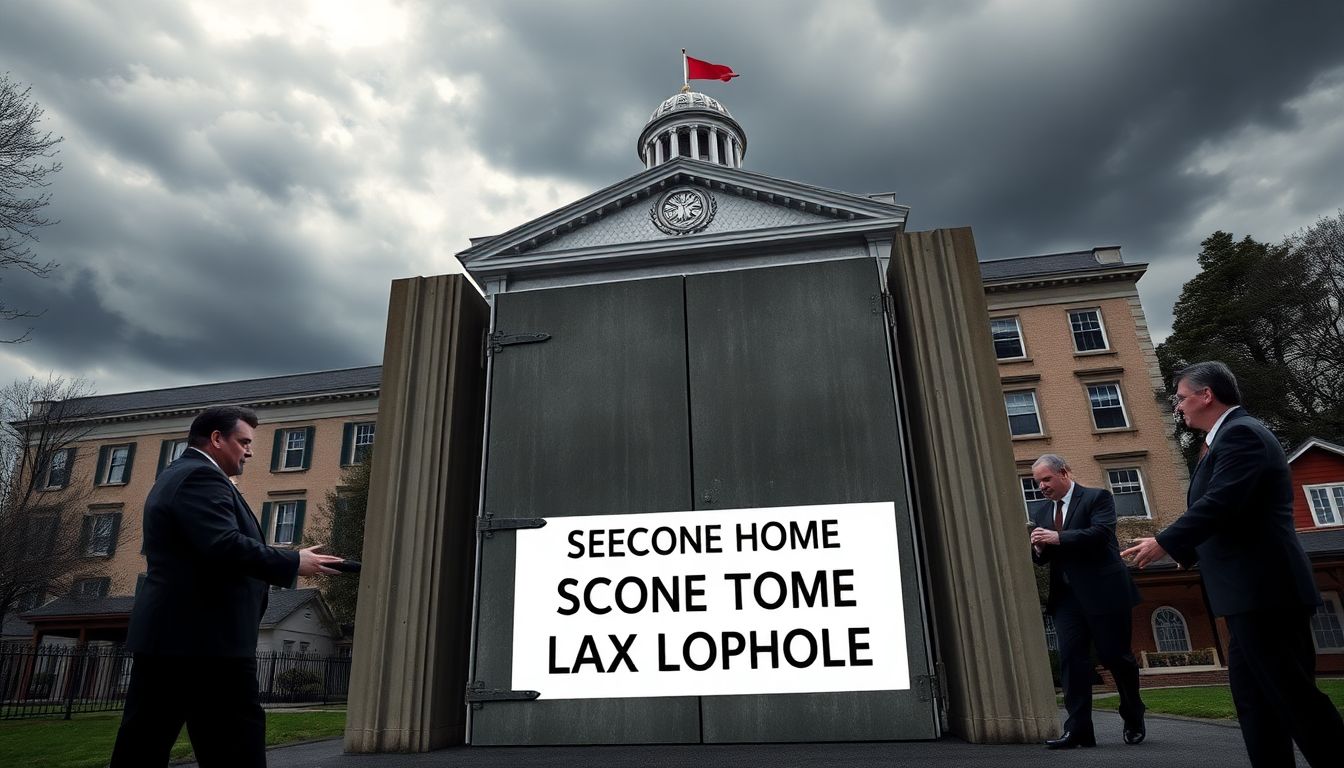New rules to assist rightfully genuine holiday lets and protect local communities
As of April 2023, England’s second-home owners can no longer exploit a tax loophole that allowed them to avoid council tax by registering their properties as holiday lets. The government has introduced tougher rules ensuring only legitimate holiday letting businesses receive tax relief—supporting tourism and vital services in communities like Cornwall, Devon, and the Lake District.
What’s Changing?
Previously, second home owners could inform the council they intended to rent out their properties—without actually doing so—to switch to business rates, often reducing their bill to zero via small business rate relief.
Starting April 2023, this changes. Owners must now meet strict conditions to qualify for business rates relief:
- Proof of Letting: Properties must be let for a minimum of 70 days per year.
- Availability Requirement: Homes must be available to let for at least 140 days annually.
- Evidence Required: Owners must submit proof such as bookings, advertisements, or contracts.
Failure to meet these criteria means the property will no longer be treated as a business and will instead be liable for council tax.
Why the Change?
The previous system allowed many second home owners to gain tax relief without genuinely operating holiday rentals, resulting in minimal local economic contribution. Meanwhile, residents and councils bore the cost of public services without equivalent local support.
Michael Gove, Secretary of State for Levelling Up, said:
We welcome short lets and small businesses which promote tourism and the local economy. But we will not allow people to circumvent the system and avoid contributing their fair share. The reforms will ensure second home owners contribute their fair share in the places they benefit from.
Tourism Industry Welcomes the Action
The move was praised by the tourism sector, which sees the distinction between genuine holiday lets and underused second homes as crucial.
Kurt Jansen, Director of the Tourism Alliance, said:
This decision is a triumph for local economies. It protects real self-catering businesses that create jobs and feed services in rural towns and villages. Derelict second homes don’t pay much, but good holiday lets are vital to the existence of local pubs, shops, and attractions.
He noted that while around 65,000 holiday lets in England currently pay business rates, 97% of them have a rateable value under £12,000—qualifying for relief without proving actual letting activity.
What This Means for You
If you own a second home in England and claim business rates relief, you’ll now need to show your property is an active commercial holiday let.
To continue receiving small business rates relief, you must:
- Make your property available to rent for at least 140 days annually
- Ensure it is actually rented for at least 70 days per year
- Keep evidence such as bookings, receipts, and advertising material
Need Guidance?
This summary outlines the new regulations, but for personalized advice, it’s wise to consult a property or tax professional.
You can also contact the Valuation Office Agency (VOA) for more details or to clarify your property’s tax status.
Conclusion
The government’s changes aim to balance the system and strengthen local communities by ensuring only genuine holiday letting businesses benefit from relief. These updates prevent misuse and support the economic development of rural and tourist destinations.
